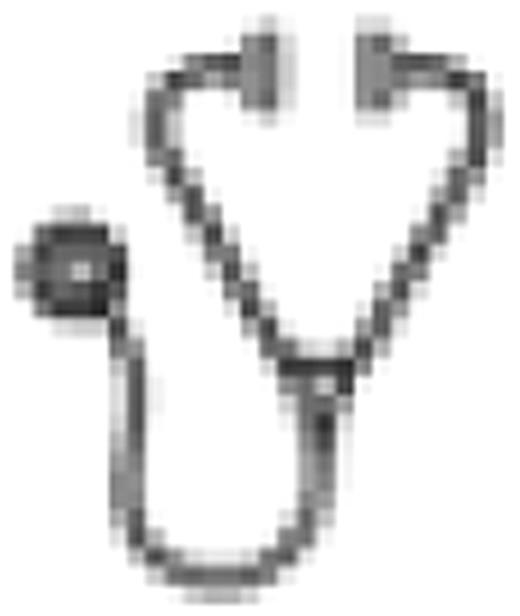Abstract
Abstract 2786
Previous studies demonstrated that the addition of some cytokines improved cardiac recovery in experimental models of myocardial infarction (MI). The aim of the study is to test the hypothesis that pharmacological stimulation of lymphoid cells using recombinant human interleukin (rhIL)-2 improves angiogenesis and preserves heart function after MI. A single IV injection of rhIL-2 two days following MI improved by 27.7% the left ventricular (LV) fractional shortening of immune competent (C57Bl6) mice, but had no effect on cardiac function of immune-deficient (NOD SCID IL2Rγnull) mice. Immunohistochemical analysis of C57Bl6 cross sections of heart revealed that collagen deposition was reduced by 23.1% and that capillary density was enhanced in the scar area and the border zone of the infarct respectively by 22.4% and 33.6% following rhIL-2 injection. In addition, rhIL-2 enhanced 1.6-fold the in vivo endothelial cell proliferation index and 1.8-fold the number of NK cell infiltrating the infarcted heart, but had no effect on the number of cardiac CD4 and CD8 cells. In vitro, rhIL-2 activated NK cells enhanced cardiac endothelial cell proliferation by 17.2%. Adoptive transfer of IL-2-activated NK cells enhanced cardiac angiogenesis. Here we show that a single IV injection of rhIL-2 positively impacted cardiac function by improving angiogenesis through a process involving NK cells.
No relevant conflicts of interest to declare.

This icon denotes an abstract that is clinically relevant.
Author notes
Asterisk with author names denotes non-ASH members.

